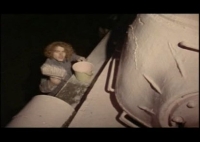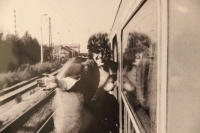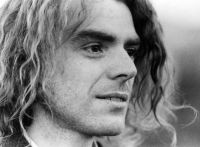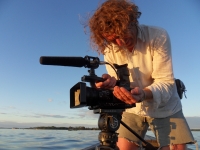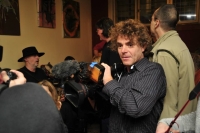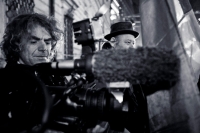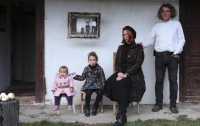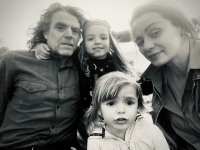It was clear that I was going to be arrested
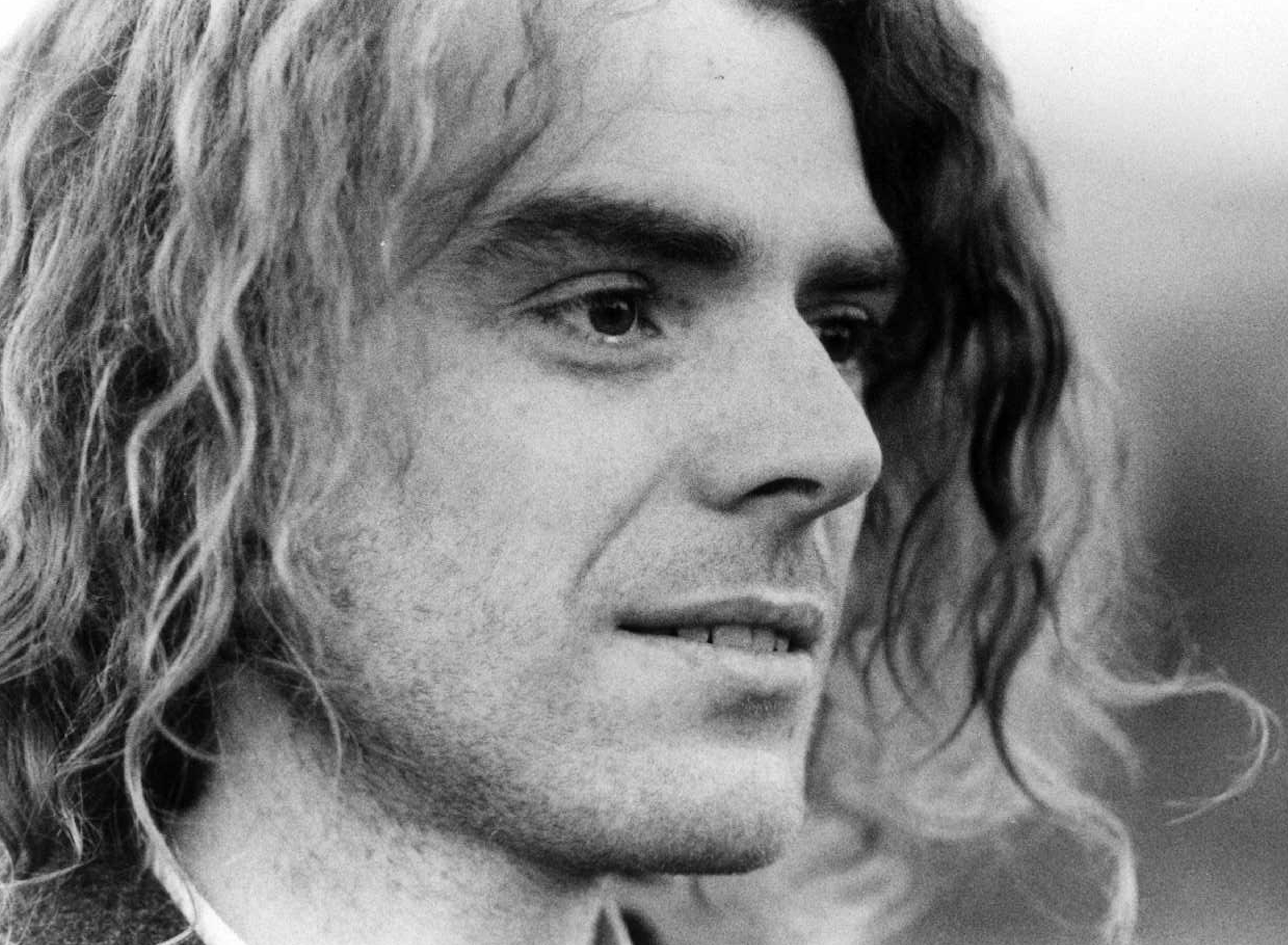
Stáhnout obrázek
Dalibor Fencl was born on 2nd October 1966 in Prague Podolí. His parents were university professors at the Faculty of Electrical Engineering of the Czech Technical University. Dalibor Fencl gradually became acquainted with the underground and sympathized with anti-regime views. In the Scouts they listened to Karel Kryl, at grammar school he had a classmate from a dissident family who lent him banned books and he began to attend the first demonstrations. His opposition to the regime grew in college, he listened to the regime‘s unpopular big beat, got into samizdat, attended housing seminars and continued to participate in demonstrations. In 1989, he became a representative of the Faculty of Electrical Engineering of the Czech Technical University, thanks to which he took part in the meetings in the Disk, and thus became one of the student leaders of the Velvet Revolution. He actively participated in demonstrations and subsequent negotiations, and spoke in favour of the election of Václav Havel. In December 1989, he took a humanitarian aid train to Romania. However, he soon left politics, graduated from FAMU and began working as a cameraman. He and his wife raised two children. In 2022 he lived in Prague.



